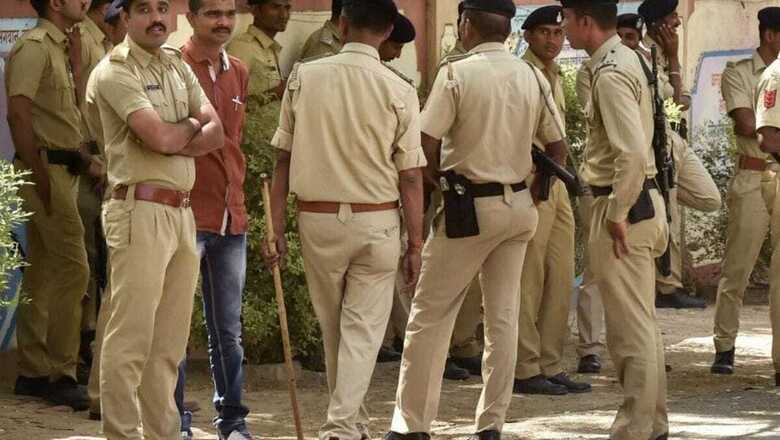Appointing Acting DGPs Against SC Order, Say Former Top Cops Amid Jharkhand Govt's Contentious Order

views
The appointment of an acting director general of police (DGP) by the Jharkhand government has been challenged in the Supreme Court. A public interest litigation (PIL), filed by a person from Jharkhand's Giridih, has alleged that MV Rao has been "unlawfully appointed as in-charge DGP in gross violation of the directives and guidelines given by this court with regard to the appointment and tenure of DGP in every state".
Prahlad Narayan Singh has in his petition in the top court argued that Rao was fourth in seniority among Jharkhand cadre's Indian Police Service (IPS) officers and, therefore, his appointment could be seen as a move by the Jharkhand Mukti Morcha (JMM)-led government “to satisfy their political interests”.
The appointment of the state director generals of police is usually monitored quite closely because such charges of nepotism are often levelled at the state governments for placing people politically inclined towards the ruling party in important positions. A petition was filed this month against the appointment of the Haryana DGP. Not so long ago, the appointment of Uttar Pradesh's DGP was also challenged in the Allahabad High Court.
Controversies over these picks are often generated because state functionaries are frequently accused of not following the norms, for the appointment of the top policemen, laid down by the apex court. In its 2006 Prakash Singh versus Union of India judgment, the Supreme Court had clearly defined the procedure that needs to be followed by any state government in this case. Its most basic points were:
1. The head of state police force is to be selected by the state government from among the three seniormost officers empanelled by the Union Public Service Commission (UPSC) on the basis of — length of service, very good record and the range of experience for heading the police force.
2. The selected DGP must have a minimum tenure of two years. In subsequent directions in 2018 and 2019, after Prakash Singh, the former DGP of Uttar Pradesh, argued for modification of its order, the SC made it clear that “preparation of panel should be purely on the basis of merit from officers who have a minimum residual tenure of six months i.e officers who have at least six months of service prior to the retirement”.
3. The appointment should be done on the basis of merit and seniority should be given due weightage.
The Supreme Court also weighed in against the appointment of "acting DGPs". To understand whether the latest PIL against the appointment of the head of Jharkhand's police force had any merit, News18 spoke to former DGPs, including Prakash Singh who is often hailed for ushering in many police reforms in the country.
"The Supreme Court's directions in this case are quite clear. You simply cannot appoint an acting DGP. The procedure is that you send a panel of suitable officers to the UPSC, five to six, of which they shortlist three names and then the chief minister of the state has to decide from within those three names. If this procedure has not been followed in the case of Jharkhand, then the appointment can certainly be challenged," Singh said.
Another former IPS officer and ex-DGP of UP, who has been known to speak for police reforms, Vikram Singh, said, "The proposal to appoint the DGP is made as per a defined protocol. The drill is laid out. The procedure of appointing the acting DGP is against the directives of the Supreme Court." He said that the Supreme Court had in its 2006 judgement clearly spelled out the seriousness with which such appointments are to be made. "This is about the appointment of the person leading the force, not the appointment of a sentry. There cannot be two ways about how the laid-out procedures should be followed " he said.




















Comments
0 comment